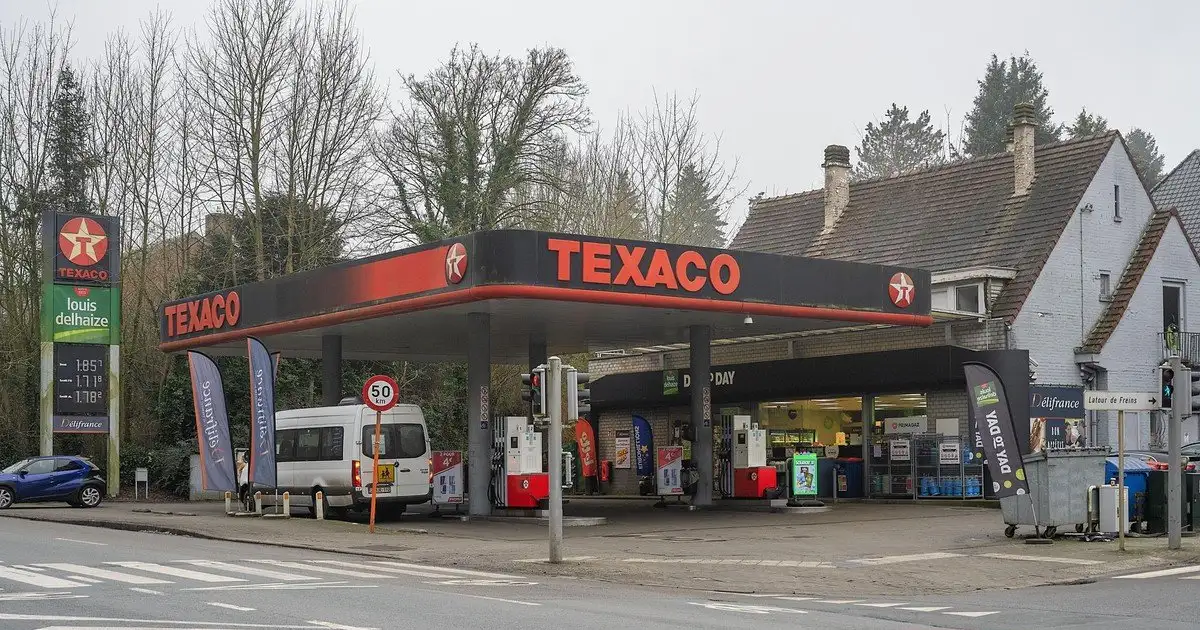Didier Reynders: Regular purchases of lottery tickets at the heart of the money laundering investigation
Didier Reynders, former European Commissioner for Justice and influential figure in Belgian politics, continues to make headlines. In fact, since the beginning of December he has been the subject of a judicial investigation for accusations of money laundering. At the heart of this case: regular purchases of lottery tickets at a gas station located near his home.
Recurring and suspicious behavior
According to information published by Le Soir, Didier Reynders frequently went to a shop located in a Texaco station in Uccle, just 650 meters from his home, to buy lottery tickets.
A saleswoman testifies:
“He often came in the late afternoon. He played for 2,000 to 3,000 euros. This money had to be immediately put in the safe.”
These purchases allegedly lasted more than a year, according to the statements collected. The saleswoman also explains that she was warned by a colleague to be discreet with this customer, an unusual behavior that attracted the attention of the authorities.
Strategic use of Lottery rules
In Belgium, National Lottery points of sale are not allowed to accept cash payments exceeding 3,000 euros. However, Didier Reynders allegedly exploited these limits by making frequent purchases of e-tickets and other lottery products. E-tickets, in particular, are subject to a weekly limit of 500 euros, but these restrictions did not prevent suspicious transactions.
These practices, according to experts, could be a method of money laundering, allowing undeclared cash funds to be recycled. Investigations estimate that up to 1 million euros may have been laundered in this way.
Didier Reynders’ defense
Faced with these accusations, Didier Reynders firmly denies any illegal act. Through his lawyer, he contested the criminal characterization of the facts and affirmed his willingness to cooperate fully with the judicial authorities.
This case is not limited to Reynders himself. It raises questions about the role of the ING bank, which allegedly delayed reporting suspicious transactions, and about the internal controls of the National Lottery. These institutions could also be investigated to determine their level of responsibility.
This investigation, still ongoing, could reveal other crucial information in the months to come.


